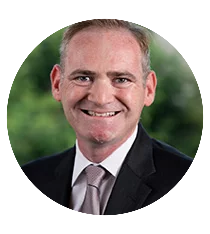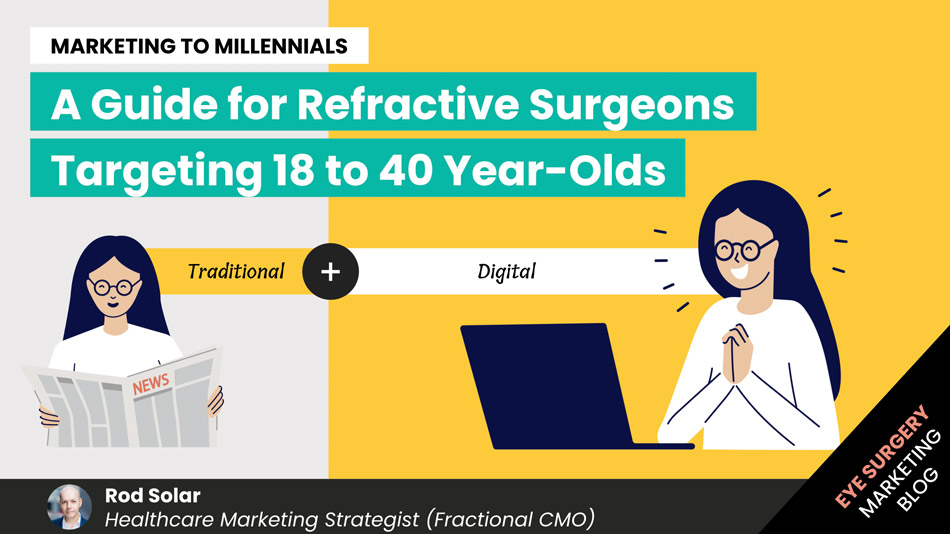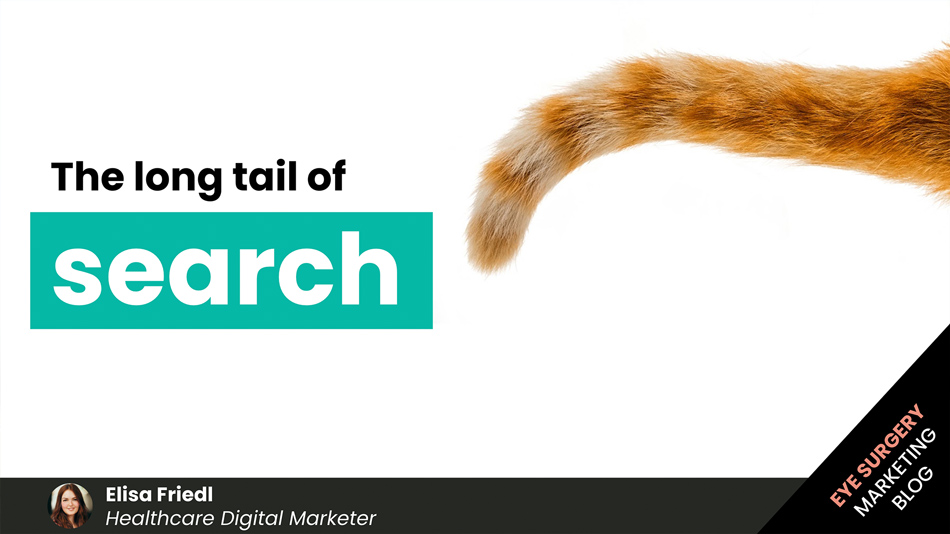If you want advice on how to hire a website designer, you’ll find these 22 tips useful
We have produced scores of online projects for our clients. Some of these projects have gone well and some have gone… uhhh…well, let’s just say they could have gone better! In both scenarios, we have learned many lessons that we now build into our own web design services.
Starting a website design project
- The website design company should question you thoroughly on what the goal of the project is (specifically) and communicates their understanding of this goal in writing.
- They should make an effort to understand your market positioning, and what the competitors are doing online.
- They must make an effort to understand your target market’s dominant buying motives and their objections (it helps if they can rephrase the communication problem in their own words).
- Before trying to design the solution, your designer should understand the communication problem, and suggest alternative solutions to solve the problem (again, in writing, before trying to design the solution).
- They should understand the other ways you are communicating (offline marketing) and provides a solution that integrates with the other communication methods.
- They must provide you with a project plan / budget, including milestones, so that you can understand where you are at any given time, and what milestones depend on other milestones.
Producing the website design project
- For projects that take longer than a month, the web designer should schedule a weekly status meeting where you can discuss progress with them (this meeting should have an agenda and the meeting should be followed with minutes or a contact report).
- They should provide you multiple design options and recommend the option that best solves the agreed communication problem.
- The web designer should not ask you to suggest fonts or images, but should instead ask goal-oriented questions, review the goal and suggest a solution to your problem.
- They should advise you on what to look for when evaluating their work, what kind of feedback is needed, and how many opportunities you will have to give feedback.
- If iterations are limited, ask them to tell you exactly how many iterations they think the design will require. They should understand that an iterative process may require more than two iterations (how often is the first try the best try?)
- A professional will challenge you to defend your opinions based on facts as opposed to just caving in to get the job done.
- The web designer should gives you a deadline to reply to feedback, and tells you when they’ll provide the next iteration without you having to ask or follow up.
- They should make an earnest commitment to deliver the best job possible for the budget, no matter what.
- Any website designer who has been in the business for a while will understands the value of repeat business, and doesn’t try to eek out every extra hour from a single project.
- An experienced designer will estimate a job appropriately to “do what is required to solve the problem” as opposed to quoting an arbitrary, ‘designer-oriented’, ‘how long this will take me’ estimate, or worse, a cheap quote just to get the job.
- They should invoices you Net 15-30 on work completed, not on work to be completed, unless they provide you with a small discount for paying the fee up front.
- Ideally, they should have a single point of contact (e.g. an account executive) who’s interests are aligned with yours: to get the best job done, and to grow the relationship between the client and the contractor.
- Organised web designers don’t rely on a string of emails for project management, but instead uses a clear communication and asset management system. Ideally, this system can be an internet project management site (we use Basecamp), that enables real-time visibility on what is happening and what to expect.
When things don’t quite go to plan
- Communicates openly: Professional web designers never threaten you with phrases like “this will incur more costs” or “delays”, but rather says “if you want to do that, you’ll need to add £500 to the current budget” and “3 days to the timeline”.
- Acts professionally: They should tell you exactly what they’re thinking on the phone, as opposed to agreeing with you on the phone, and coming back with another opinion on email.
- Professional website designers do not chastise you, or tell you that something will require a lot more work on their part because you did something wrong – this is business, if it’s going to cost more or take more time, tell the client and they should be happy for the additional work!
I hope you’ve found the above list useful. If you can think of any more tips – add them as a comment below.
Related Posts
Meet our Co-Founders
We’re passionate about helping leaders of high-quality, growth-minded practice owners double their practice revenue

Rod Solar
Founder & Scalable Business Advisor
For over 20 years, I’ve helped ophthalmology entrepreneurs scale their private practices. I specialise in doubling revenue within three years by offering a proven framework, hands-on experience, and a team of experts who implement what works. We take the guesswork out of growth and scale, so you can focus on delivering exceptional patient care while maximising the value of your business.
LiveseySolar completely transformed the way we were approaching this… We’ve gone from having just the dream of having a practice to having a practice up and running with people making inquiries and booking for procedures… It’s extremely pleasing. We feel lucky we connected with LiveseySolar.
— Dr Matthew Russell, MBChB, FRANZCO, specialist ophthalmic surgeon and founder of VSON and OKKO

Laura Livesey
Founder & CEO
I’m the co-founder & CEO of LiveseySolar. I’ve developed powerful eye surgery marketing systems that increase patient volumes and profits for doctors, clinics, and hospitals, since 1997.
Rod and Laura know as much about marketing surgery to patients as I know about performing it. They are an expert in the field of laser eye surgery marketing. They know this industry inside out. I believe that they could help many companies in a variety of areas including marketing materials, sales training and marketing support for doctors.
— Prof. Dan Reinstein, MD MA FRSC DABO, founder of the London Vision Clinic, UK











